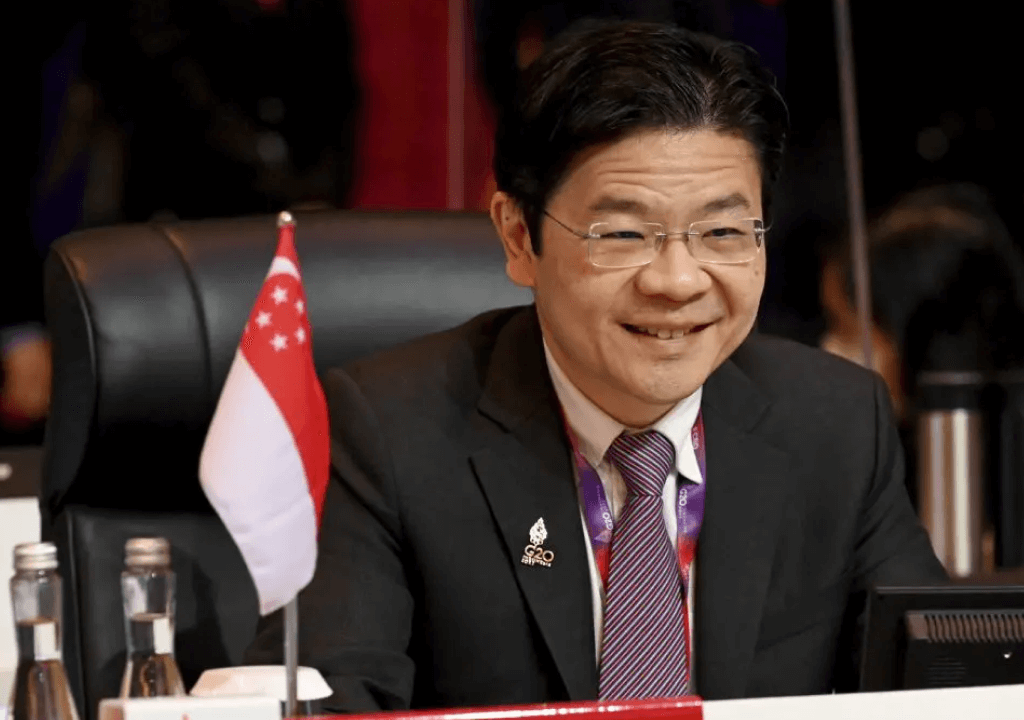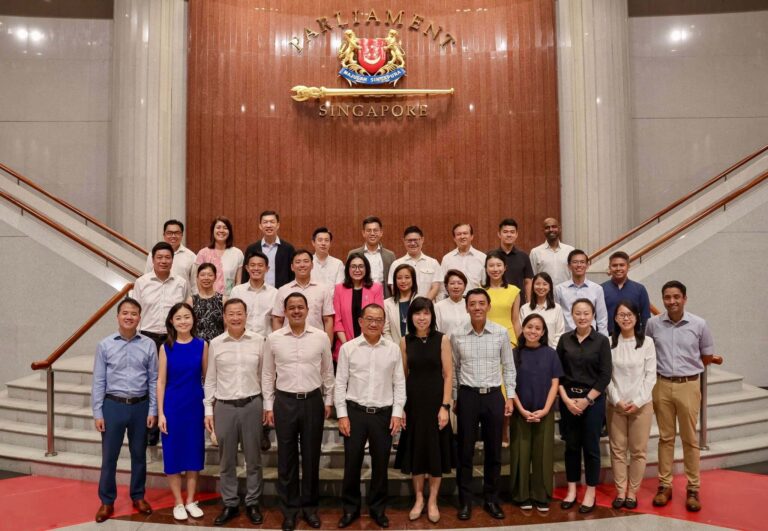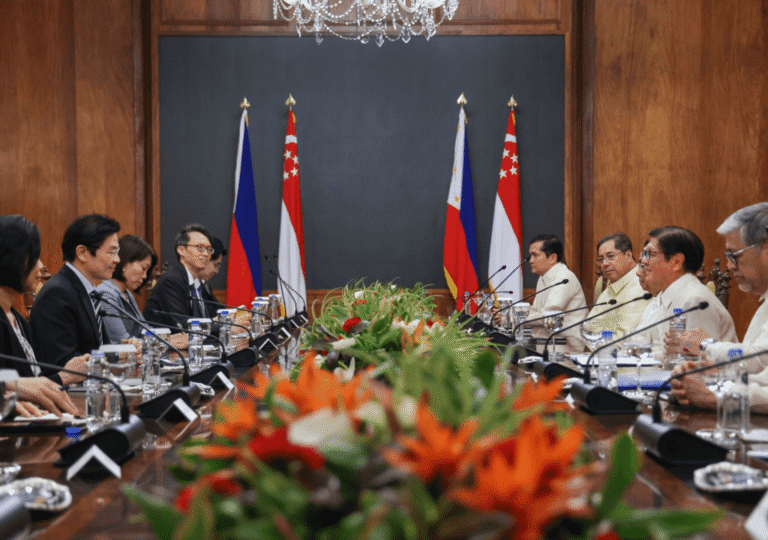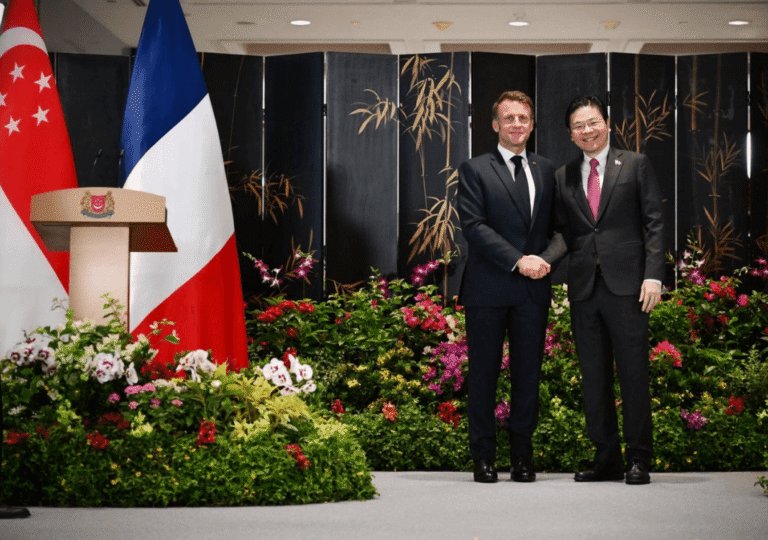While several months remain before the general election in Singapore, rumors are circulating that the election might be conducted earlier than currently expected. Updates from the Singapore Elections Department and the increased activity of political parties have led analysts to suggest that a general election could be called as early as September. This would be just four months after Singapore’s rare and only third leadership transition, during which Lawrence Wong succeeded Lee Hsien Loong as Prime Minister. This election will be a significant test for Wong as he faces public scrutiny for the first time in this role.
By November 23, 2025, Singapore must hold a general election to establish the composition of its fifteenth Parliament. The upcoming general election will be the fourteenth since independence. Although there are several months remaining before the election and the completion of the current Parliament’s five-year term, the actions of political parties and other significant entities are causing analysts to speculate. Political parties have been ramping up activities both publicly and behind the scenes, even though the Electoral Boundaries Review Committee, which must be convened before a general election, has not yet been formed. In addition to the movements of political parties, the Elections Department has updated balloting processes and voter rolls, fueling speculation about an impending election. The department announced several updates to the election process, including the appointment of a returning officer, a public official appointed by the prime minister, who has the authority to direct individuals and social media firms to remove online election advertising that may breach rules.
All parties, including the ruling People’s Action Party (PAP), have entered into an election mood. The People’s Action Party secured a significant victory in the 2020 general election, which was its most challenging contest since independence. The PAP won a majority of seats, losing only three electoral divisions, and has maintained its grip on power since the country’s independence. PAP has spent the past six months collecting feedback from volunteers through a “Refresh PAP” initiative, spearheaded by newly minted Prime Minister Lawrence Wong. Wong is expected to address PAP Members of Parliament and supporters on June 8 about the feedback from the initiative and how the PAP plans to incorporate it. The PAP aims to increase efforts to build stronger connections with Singaporeans and retain their confidence and trust. Wong has called for more diversity among newcomers and improvements in communication channels. The engagement sessions started early this year, with several talks posted on social media by party members using the hashtag #RefreshPAP. The PAP is modifying its election strategies. With a new campaign, new strategies, and a new Prime Minister, the PAP is looking for a fresh start.
Meanwhile, the opposition parties are also preparing for the election, anticipating a possible early call. The Workers’ Party is continuing its efforts to maintain its strongholds in Hougang and Aljunied, as well as in other areas it contested in the 2020 general election, such as Tampines, East Coast, and Marine Parade. They are aiming for a strong performance in the Jalan Besar group constituency as well. Although the party did not contest Jalan Besar in 2020, it did so in the 2015 election. Another important opposition party, the Progress Singapore Party, with Secretary-General Hazel Poa stating that her party, which currently holds two non-constituency MP seats, is prepared for the election to be called at any time. Non-constituency MP seats are awarded to opposition parties whose candidates perform best without winning a seat in an election. Poa stated that since last month, her party has been conducting two to four walkabouts and door-to-door visits every weekend.
Even Though the election department did not know when the election would be held but emphasized that it must be ready whenever the vote was called. In March, the department responded to media queries by stating that about 50,000 public servants were being appointed as election officials, with training set to begin in April. Singapore has a history of calling early elections; for instance, in 2015, then-Prime Minister Lee Hsien Loong informed Parliament on July 13 that the committee had been formed two months earlier. The committee’s report was subsequently submitted on July 21, and the election was called on August 25. The process could even be expedited with advancements in technology. In 1991, the report was completed on August 8, and Parliament was dissolved six days later on August 14. So fast.
But there is also opposition to calling an early election. Many believe that a September election would be “hasty” and a more likely window would be after the 2025 budget statement. One of the key political events of the year, Singapore’s budget speech, is typically delivered by the finance minister in February. Many believe that Wong should not rush to seek a fresh mandate and instead take his time to make his case to voters. However, given the rapid preparations, it seems there is a high chance of an early call for a general election.








